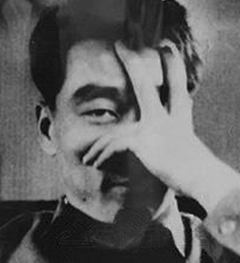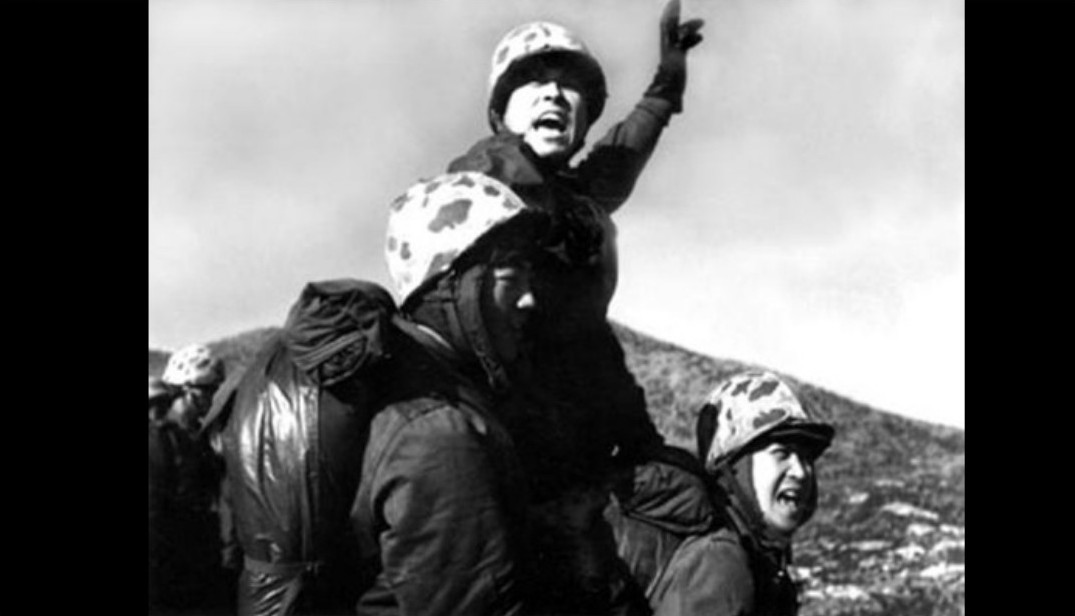페이지 정보
The Marines Who Didn’t Come Home
|
작성자최고관리자 작성일23-07-07 조회829 |
|---|
본문
Korea | 1963 | 109min | 35mm | B&W | Drama
Synopsis
During the Korean War, a squad of marines led by Kang Dae-sik takes part in the Incheon Landing Operation. Unlike the North Korean soldiers who were massacring civilians and shooting the helpless, the marines try to maintain a sense of humanity amongst the horrors of war whether it was secretly helping an orphaned girl, Young-hee or encouraging comrades not to lose their sanity. Dae-sik’s squad defeats the Chinese army’s massive attack, but only two survive in the fierce battle and 40 men forever become‘marines that never came home’. Directed by Lee Man-hee in 1963, *The Marines Who Didn’t Come Home* is one of the most famous films based on the Korean War. Interesting to note that Lee Man-hee as well the film’s music director Jeon Jeong-keun participated in the Korean War. In the Incheon Landing Operation scene at the opening of the film, Jeon combines a powerful male chorus to the march-like theme music while he plays a somber melancholy tune in contrast when the soldiers discover the bodies of civilians murdered by the North Korean soldiers and in the film’s ending when the platoon is wiped out except for two members. (Chun Jin-su)
Director
-

- Lee Man-hee
- Born in Seoul in 1931, director Lee Man-hee participated in the Korean War. He debuted in 1961 with *Jumadong*, and gained attention in 1962 with *Dial 112*. Lee achieved both commercial and artistic success through his war and thriller films such as *The Marines Who Didn’t Come Home* (1963), *The Soldier Without a Serial Number* (1964), and *The Stairs of the Devil* (1964), as well as dramas like *Autumn in My Heart* (1966) and *On the Way to Sampo* (1975). He passed away on April 13, 1975, at the young age of 45, after fighting an illness for ten days following a collapse in the editing room of *On the Way to Sampo*.



















































